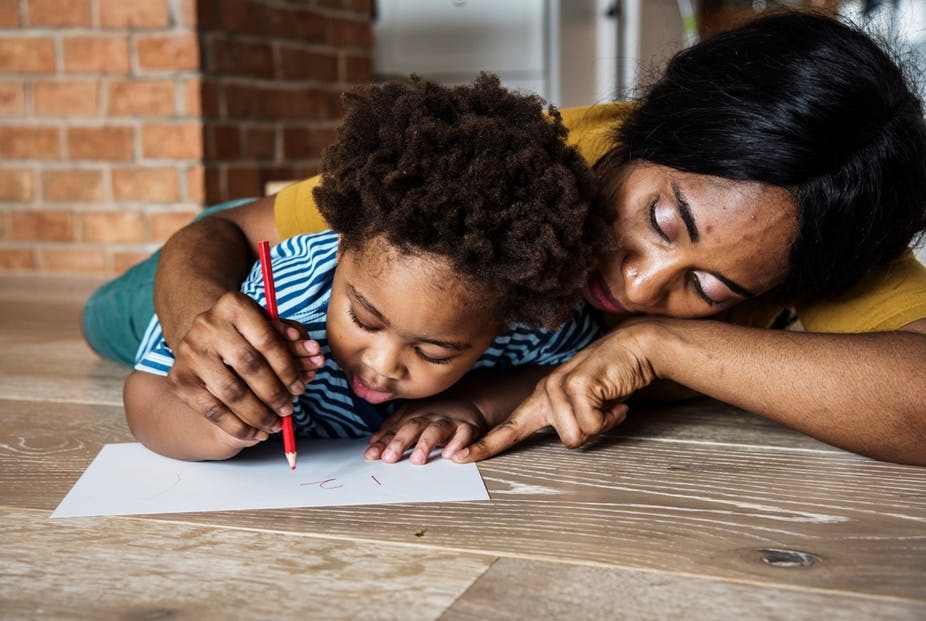South Africa, like most countries in the world, has ordered all schools to close to try and stop the spread of COVID-19.
Many schools have also asked parents to ensure that learning continues at home. Online learning is an obvious way to keep lessons going; however, only a few schools have well-established online learning systems. Additional challenges for parents can include connectivity problems, limited data access and power blackouts.
For many parents, taking on their children’s education is a daunting prospect. But there are resources online that can make home learning a bit easier and more fun. For those with limited data and connectivity, I am highlighting sites that are zero-rated for data – so, free to use. Parents could also consider buying night time bulk data options for off-peak downloads, which is often cheaper.
This is an unprecedented situation and no one really knows how long it will be before schools reopen. As an educator, mother and tech-sector professional, I don’t have all the answers. But I do recommend that parents try different approaches and websites and see what works for you. Be prepared to learn along with your kids, take a break when you need to – and have fun.
Digital options
Online libraries
Sadly, the good old physical library won’t be available because of the country’s strict lockdown, announced by President Cyril Ramaphosa on 24 March.
There are some online alternatives, though. Amazon allows book rental as part of a premium monthly payment service. You can also access free audio books for children through Audible. The Kindle (with the Kindle unlimited option) application can also be used to download books to a phone. Parents can use the trial version of the app to access books for at least a month, enabling children to keep reading.
Online learning platforms and websites
South African telecommunication networks have zero-rated many learning sites, which means materials can be downloaded for free. This makes a huge difference to parents who may have limited data plans and are worried about running up online bills.
Telkom has zero-rated the websites of universities, technical and vocational training Colleges, and provides links to maths and science learning pages. The Khan Academy site is also zero-rated, providing massive online learning resources to a global audience.
MTN and Vodacom have also zero-rated many learning sites. Vodacom provides a comprehensive zero-rated e-school portal with extensive learning content for grades R to 12, running the gamut from very young children to those about to finish their secondary schooling. Vodacom has also zero-rated the Mindset learning platform of creative and inspiring videos to support learning in a range of subjects.
Siyavula is an education technology organisation providing high school maths and science practice questions and free online books for students. The site is further zero rated for MTN and Vodacom users.
UNESCO has a useful list of platforms that can provide online learning materials, free books, websites and learning applications for different subject areas.
If you want to assess your child in a fun way, applications such as Socrative and Kahoot are easy to use. Kahoot has opened up premium resources for free for teachers in response to the COVID-19 outbreak.
Kidzearch or “Wiki for kids” is a great source for children to research subjects such as History, Geography, Maths and Science. And for parents keen on free coding lessons, South Africa’s own Code Space will be running virtual classes in coding, though this is subject to a pre-application process.
Learning apps
The Android and iOs app stores have numerous learning applications that allow one-off downloads to support learning. South African examples include Sisanda Techs which supports science learning using augmented reality for children whose schools lack science labs. Parents can type the subject area to find a range of learning platforms.
Sharing materials with other parents
Parents who have access to open source school learning materials can exchange and share with others using Google Drive with Google suits applications on the free service. Zoom, Google Hangouts, Skype, and Google Meets are also great platforms for live group learning or tutoring.
Both Microsoft and Google have announced free access to conferencing services which normally have an enterprise subscription rate during the coronavirus crisis. Parents can take advantage of this for individual or group learning as well.
Variety and flexibility
Finally, and importantly, you should look to mix it up with physical and creative learning. Home learning can be challenging and parents do need to take a holistic approach. Don’t rely on the computer for everything, and make sure to include lots of play and physical exercises as part of the learning day to help stimulate your childrens’ minds and keep them interested.
While parents may think they need to run a set timetable, you will need to be flexible to deal with things like blackouts, slow data speeds or a child who is simply not interested in learning today.
The process of home learning can also feel isolating, especially with children who are not usually home schooled and are used to being surrounded by other children. Be prepared to play traditional physical games, outside if you can, or play board games as alternatives to online activities.
- is Associate professor in Information Systems, University of the Western Cape
- This article first appeared on The Conversation




